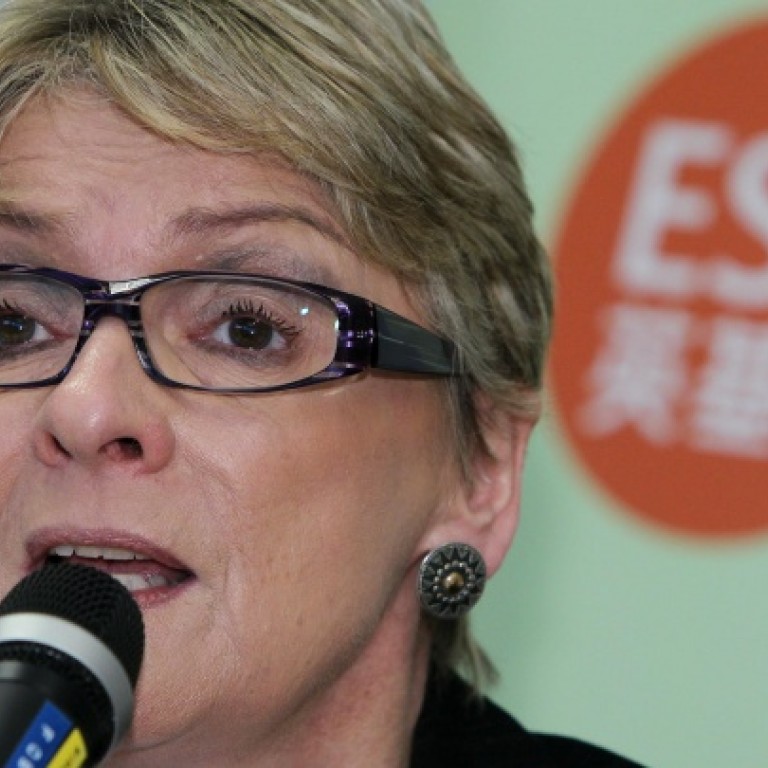
ESF fees could rise 20pc as subsidy phases out
Cost for new students likely to increase sharply from 2016 as the government's HK$284 million subsidy is phased out, internal document shows
Fees for new students entering the English Schools Foundation from 2016 could be more than 20 per cent higher as the government phases out its decades-old subsidy for the foundation, according to a document seen by the .
But students now in ESF schools or who join before the cut-off date will enjoy a subsidised education for up to 13 years under the present structure, the internal ESF communication indicates.
The change is the result of drawn-out negotiations between the Education Bureau and the ESF, which officials have described as a "colonial legacy".
It is set to be given final approval by the ESF board and receive the green light from the Executive Council next month.
Based on fees announced recently, a 20 per cent rise would mean the cost for primary students would be as much as HK$84,000 a year compared to HK$70,000 for the coming year.
A 20 per cent rise would mean the cost for primary students would be as much as HK$84,000 a year compared to HK$70,000 for the coming year
The increase is not firm and the exact amounts would depend on final adjustments.
But the news comes at a time of mounting concern about a shortage of international school places and the ability of families to afford them.
ESF chief executive Heather Du Quesnay wrote in an e-mailed reply to a query: "We are in discussion with the Education Bureau, as we have been for several months.
"There is a long process which has to take place before any final decision is reached. We cannot make any further comment at this time."
A bureau spokeswoman said it aimed "to report the progress of the review to the Legislative Council panel on education within this legislative session", which ends in July.
The English-language educational foundation was set up in 1967 to run schools for non-Chinese learners, but the government has said it should eventually become a private international school system.
It receives HK$284 million a year in government subsidies.
There has been wide debate about the subsidy's future, with some saying it is an ineffective way of spending public money.
Others contend there is a need to maintain English education because it remains an official language despite the handover.
In March, the foundation announced a 5.9 per cent increase for the next academic year for primary students. Their fees are currently HK$66,100.
The rise for secondary learners will be 3.47 per cent, taking the cost from HK$98,000 to HK$101,400. In Forms 12 and 13, fees will rise by 4.22 per cent, from HK$102,000 to HK$106,300.
It has been estimated that by 2016, the city will be short of 4,200 international school places.
The internal note also said the redevelopment of Island School, which ESF management had said would cost HK$1 billion, would receive HK$270 million of public money based on the criteria also used for building local public schools.
The redevelopment is understood to be part of a deal struck between ESF and bureau officials last week.
The proposal will be put to the ESF board on May 21, when members will be asked to approve it first in principle.
The plans will be made available to parents next month when the board and the Executive Council will consider approval.
